News
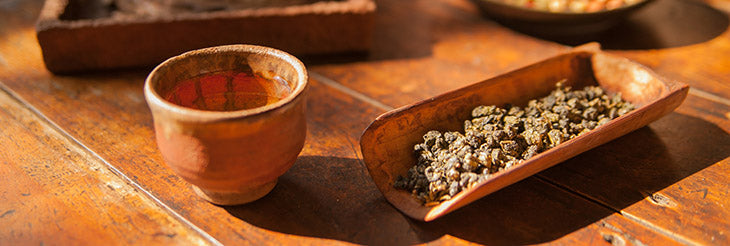
How to Store Loose Leaf Tea (Top 5 Tips)
Loose leaf tea is a great way to enjoy tea, but there are some important things to keep in mind when storing it. Where and how you store it can have a great effect on how your final brew tastes. Read on to learn about the five most important things to keep your loose leaf tea fresh and as long lasting as possible.

New High Mountain Teas Are In!
Spring growing season had a long slow start this year, due to almost no rain until the beginning of April. The long awaited rain gave the tea trees what they needed to bring their spring buds into maturity. And we got a full week of good weather toward the end of the month, which turned out to be perfect timing for both our Shan Lin Xi and Alishan High Mountain Oolong sources.
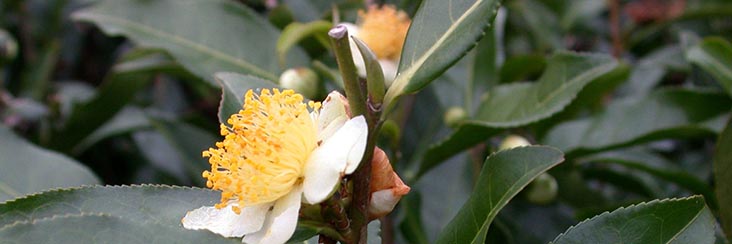
Red Jade Black Tea: Taiwan's Black Tea Specialty
What is called "red tea" (紅茶 / 红茶) in Chinese is known as Black Tea in English. Taiwan has its own special Black Tea named Red Jade Black Tea due to its luminescent reddish-ochre brew. Also known as Taiwan Tea No. 18, Red Jade Black Tea is a hybrid of the Assam tea plant and the wild tea tree that grows naturally in the mountain forests of Taiwan.
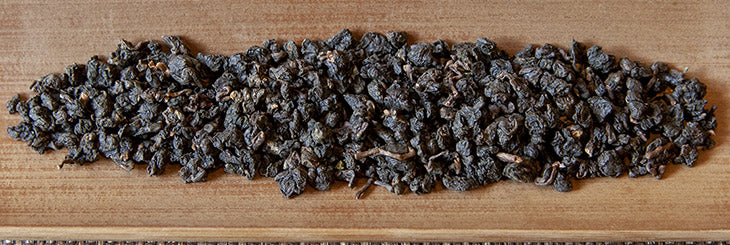
A Roasted Tsui Yu Oolong Tea
Great news for roasted tea lovers! We have a new roasted tea selection on our shelves that is both affordable and delectable! Our new Roasted Tsui Yu Oolong is the perfect coffee alternative, for those looking to cut down on their caffeine intake. It has a rich, bold, hearty character that makes it a great coffee sub

The Science of How Tea Can Prolong Our Lifespan
Drinking tea can actually help protect the health of our DNA, which can prolong our lives. Research has shown that a healthy habit of tea drinking may extend our lives up to five years!
A large group of older Chinese men who drank 3 cups or more of tea daily recorded longer telomere lengths, and almost five years of added life, compared with people who drank one cup or less. The study, published in the British Journal of Nutrition, applies to green and black tea.
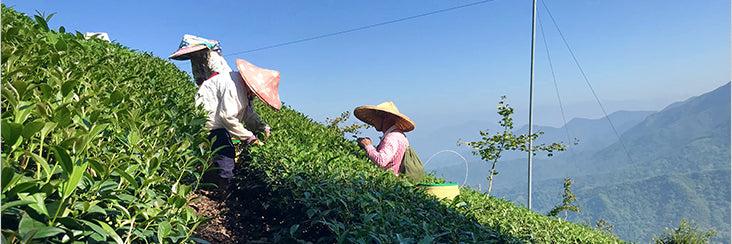
Taiwan's Top 10 Most Famous Teas
Taiwan is home to some of the finest tea in the world, particularly in the Oolong category. Yet, not all Taiwanese teas are widely recognized or understood by name. So here is an overview of the top ten most famous teas from Taiwan.
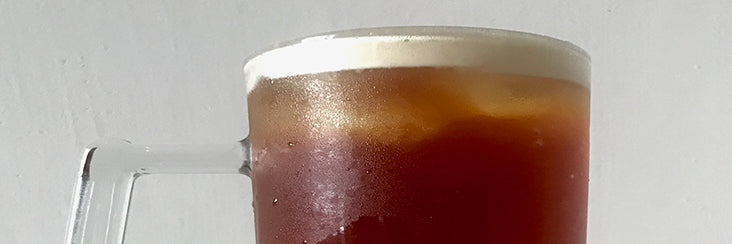
Gourmet Iced Tea Recipe: Honey Red Jade Black Tea
Make gourmet loose-leaf iced tea in three easy steps! Check out our quick and easy recipe using Red Jade Black Tea!
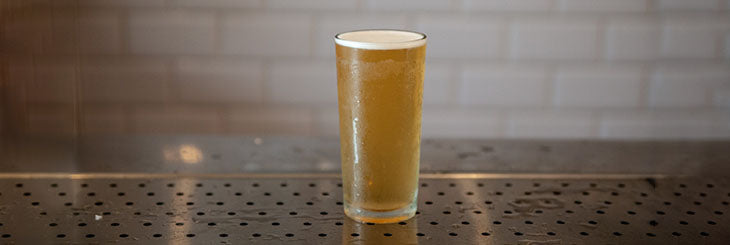
How To Make Gourmet Iced Tea: Quick And Easy
The best loose-leaf iced tea in 3 easy steps
- Brew your tea at a ratio of 1:40, loose-leaf tea : water. Boiling temp. water. Brew 7 minutes.
- Pour the brewed tea into a a cocktail shaker full of ice and shake
- Pour the well shaken iced tea into glasses half-full of ice cubes

Taiwan Tea Picking Competition
The Lugu Farmers' Association organized a groundbreaking event in an effort to maintain a high quality standard of hand-picked tea in Taiwan. After developing the world's largest Oolong Tea competition (est. 1976), and nine years of producing the Nantou Global Tea Expo, our mentor Tony Lin (林獻堂) said that this is his latest effort to preserve the quality of Oolong Tea in Taiwan.
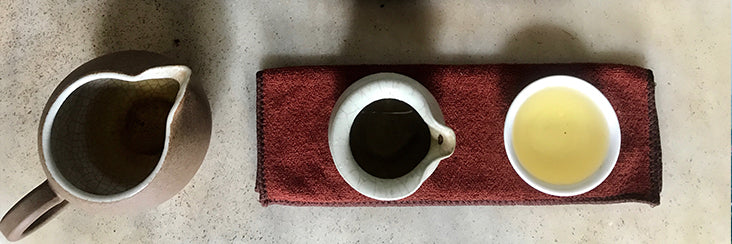
Gong Fu Brewing Guide for the Best Taiwanese Oolong Tea
Here's a simple Gong Fu brewing guide on how to brew the best tea using quality Taiwanese loose-leaf teas. From how long to steep oolong to how much to use, there really is no right or wrong when it comes to brewing tea. We just want to share how both tea pros and tea lovers in general brew Oolong Tea here in Taiwan. We offer this in hope that it will enhance the quality of brewed tea for tea lovers around the world.
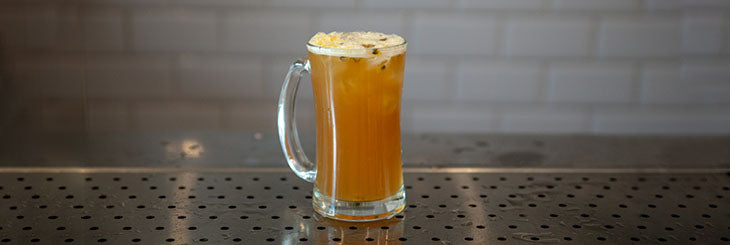
Iced Loose-Leaf Tea Recipe: GABA Passionfruit Iced Tea
Too hot to drink hot tea, but don't want to compromise your taste for high quality loose leaf tea? Well, we've been researching the simplest way to get the best results for next-level iced teas, and we're ready to share!

Harvesting Loose-Leaf Tea By Machine VS. By Hand
The marketing trends of modern tea production in Taiwan have, for a number of reasons, resulted in a clear discrimination of the quality and value of tea that is harvested by machine compared with tea harvested by hand. These initial reasons have been conveyed to foreign purveyors of Taiwanese teas, who consequently represent the product as such today. Much less conveyed is the fact that tea production methods have evolved significantly in Taiwan in recent decades. This calls for a current assessment of the state of the industry today.

